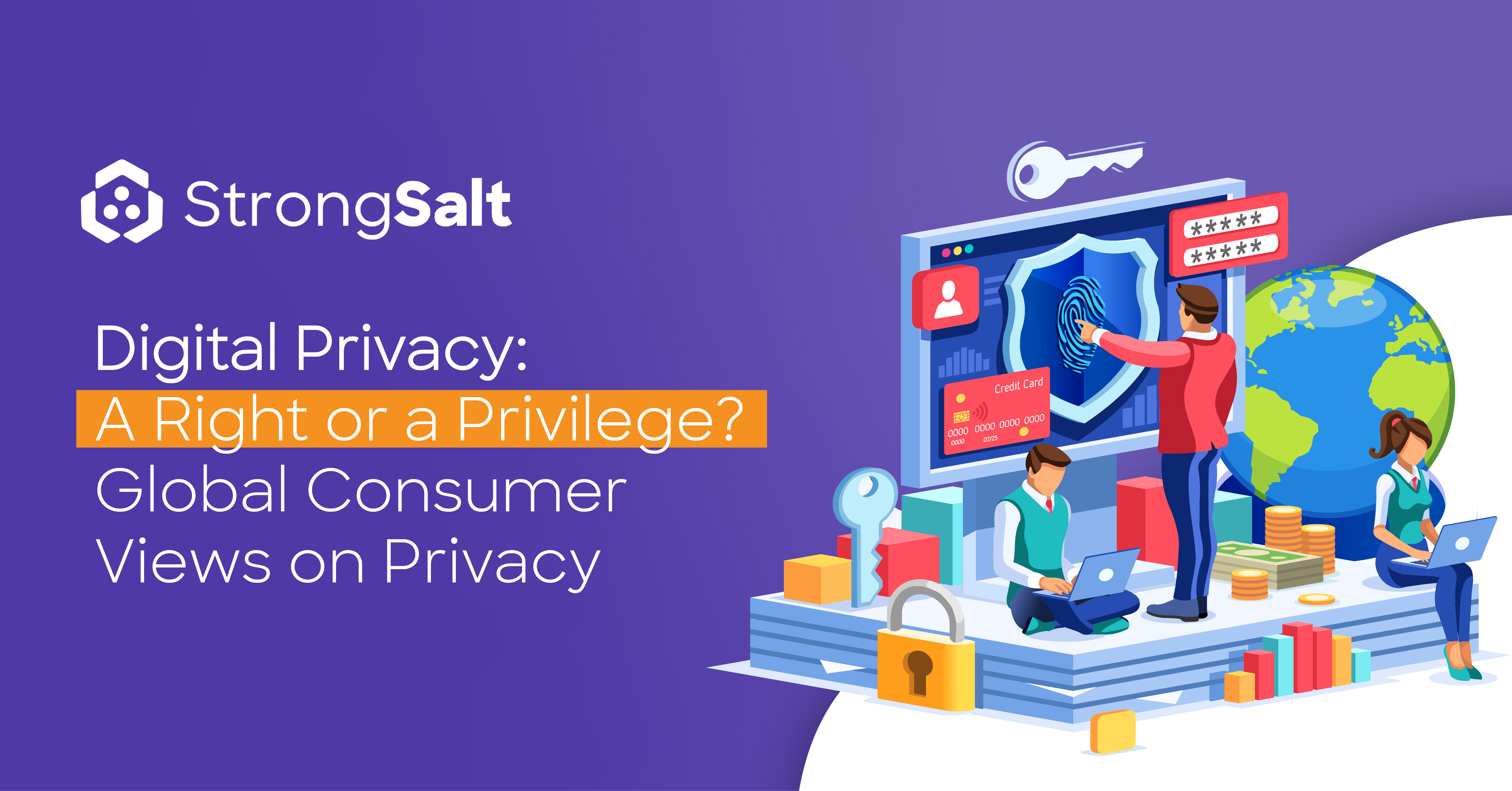
Until recently, there has been a marked divergence in the way that Americans and Europeans talk about digital privacy.
In Europe, digital privacy has traditionally been viewed as a right, while in the United States, it’s been seen as a privilege.
However, there are signs that this is changing, and that consumers in the United States and around the world are coming to see online privacy as an absolute right — and one which is worth defending.
In 2018, a Pew Center poll revealed that 61 percent of Americans want to do more to protect their privacy. Two-thirds of those surveyed also complained that existing laws don’t do enough to protect their online privacy.
As consumers become more educated about global privacy laws and about the ways big business has exploited personal data, we can anticipate the public to expect more and more protection of their privacy.
Digital Privacy Protections in Europe
Europe has been quicker to adopt privacy protections than the United States. In 2016, EU lawmakers created the General Data Protection Regulation, or GDPR. After a two-year implementation period, the law went into effect in May of 2018.
The GDPR operates on seven basic principles which puts strict limits on data collection and data sharing. It mandates that personal data can only be collected for well-defined, legitimate purposes. Consumers must also give their explicit consent before data controllers may extract their personal data.
Even when data is collected, the resulting information may not be processed for purposes that are not in the public interest. This means that data can’t be sold to third parties or used for marketing purposes.
The GDPR also mandates that personal data must be protected against loss, destruction, or theft by third parties.
Digital Privacy Laws Elsewhere in the World
The European Union may be at the vanguard of data protection, but Europe is far from the only region where digital privacy rights are being codified. Non-EU members like Serbia and Jersey have passed laws to bring their privacy practices in line with the GDPR.
Brazilian lawmakers have passed a new General Data Protection Law, similar to the GDPR, which will come into effect in February 2020. In Hong Kong, a “New Ethical Accountability Framework” calls on businesses to assess their privacy practices.
And in the Middle East, Bahrain has passed its own data protection law.
The California Consumer Privacy Act
In June of 2018, California passed a groundbreaking new digital privacy protection law. The California Consumer Privacy Act, which will come into effect in January of 2020, imposes stiff fines on businesses that fail to protect personal information that they’ve gathered from consumers.
The act also allows consumers to request that businesses disclose what information they’ve gathered about them.
Under the act, consumers in California can tell companies not to sell their personal information. The law explicitly protects them from retaliation if they refuse to allow its sale.
Consumer Anger
The Pew Center poll also indicates that there is growing frustration among American consumers over their lack of digital privacy. 74 percent of those surveyed indicated that they feel they have almost no control over who can access their personal information.
For the past few years, consumers have also expressed mounting anger at big tech companies like Facebook over the way they handle private data.
Alarm over data breaches has led more and more states to consider passing data privacy laws similar to California’s. In 2019, 24 states at least mulled the possibility of passing new privacy protections, although only three states besides California have actually enacted such laws to date.
Final Thoughts
In spite of mounting consumer demands, it is still not clear whether the United States will ever pass federal legislation to support digital privacy rights. In the absence of legislation, more and more consumers are turning to private data protection services to protect them from having their personal information sold or processed.
Forward thinkers in this field may not be lawmakers or activists at all; the thought leaders may actually be the people who are diligently finding the means to make the safe storage and easy sharing of always-encrypted personal data the new standard for business data governance, allowing consumers to transact without fear.